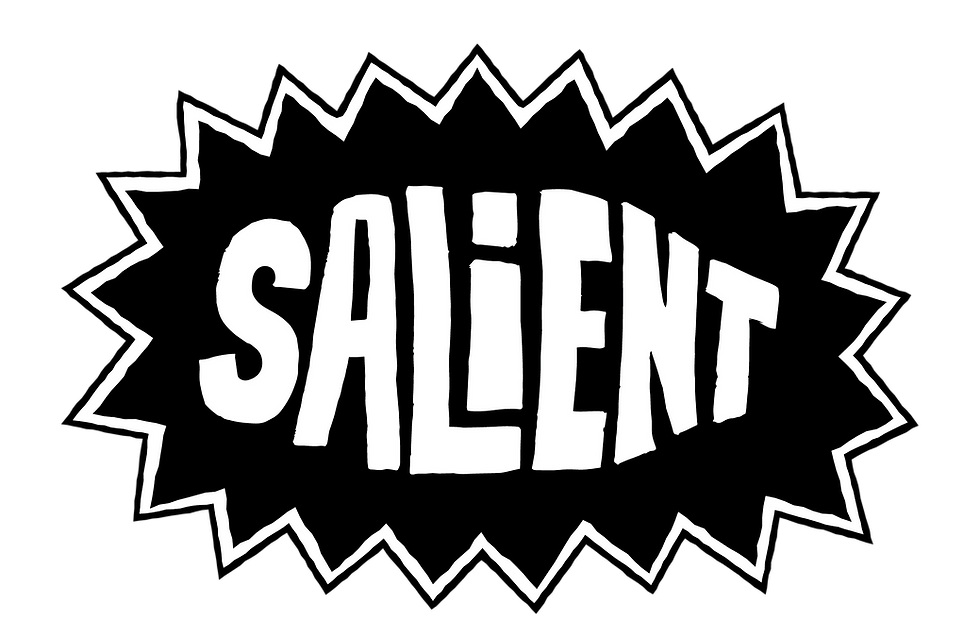Pacific Nations and Languages: French Polynesia and Norfolk Island
- Mauatua Fa’ara-Reynold
- Jul 29, 2024
- 2 min read
Welcome back to Salient’s Pacific language learning! This week we have French Polynesia and Norfolk Island. As always, there are things we may have missed or glossed over, and we encourage you all to do your own research.
French Polynesia
History
Following the Great Polynesian Migration in around 1500 BC, settlement of French Polynesia began in the Marquesas Islands in about 200 BC, and then the Society Islands in 300 AD. From the 18th century, Mā’ohi Nui (French Polynesia) was largely governed by the Pōmare dynasty, until 1880, when Pōmare V ceded to France, consequently annexing Tahiti and her islands. Many Mā’ohi still wish for full autonomy from France, achieving sovereignty.
Nowadays, Mā’ohi Nui is an overseas collectivity of France comprising 121 islands and atolls divided into five groups: the Society Islands, the Marquesas Islands, the Austral Islands, the Gambier Islands, and the Tuamotu Archipelago. As of 2022, French Polynesia had a population of 278,000.
Although the official language of the region is French, there are nine main languages: Tahitian, North and South Marquesan, Mangarevan, Tuamotuan, and Austral. For this week, we’ve chosen to focus on Tahitian due to its accessibility, and limited space in the issue.
Email greetings / sign offs
° ’Ia ora na = Hello
° Māuruuru (roa) = Thank you (very much)
General phrases
° Reo Mā’ohi / Reo Tahiti = Tahitian language
° Mā’ohi = Indigenous people of the Society Islands
° ’O vai tō ’oe i’oa? = What’s your name?
° ’O … tō’u i’oa = My name is …
° Maita’i ’oe? = How are you?
° Maita’i roa = I’m very good
Norfolk Island
History
In 1790 the HMS Bounty arrived at Pitcairn Island (known to Mā’ohi as Hitiaurevareva) with 12 Mā’ohi women, six Mā’ohi men, a baby girl, and nine mutineers of the British Bounty. They began a new settlement of Anglo-Polynesian people. Norfolk Islanders are descendants of six of the Mā’ohi women and six of the British men.
In 1856, Queen Victoria gave the Pitcairn Islanders Norfolk Island, which had previously been a penal colony. All the Pitcairn Islanders migrated to Norfolk Island as a distinct people with their own language, culture and set of laws (they were the first people in the English-speaking world granted universal suffrage), however some returned to Pitcairn because they were too homesick.
In 2015, Norfolk Island’s legislative assembly was dissolved, thus revoking the island’s right to self-governance. Since then, Norfolk Islanders have fought Australian governmental powers for their autonomy.
Email greetings / sign offs / phrases
° Watawieh? = Hello, how are you?
° Saenks fe mii = Thank you
° Sii yorlye laeta = See you (plural) later
General phrases
° Norf’k = Norfolk language
* Norf’k salan = Norfolk Islanders (of Pitcairn descent)
° Hus yu? / Waa es yuus niem? = What’s your name?
° Mais niem es … = My name is …
° Watawieh yuu? = How are you?
° Ai kushuu = I’m good
° Dars et = That’s it
I gwen naawi = I’m going swimming
Mauatua Fa'ara-Reynolds (she/they)
Ashleigh Putt-Fallows (she/her/ia)




Comments